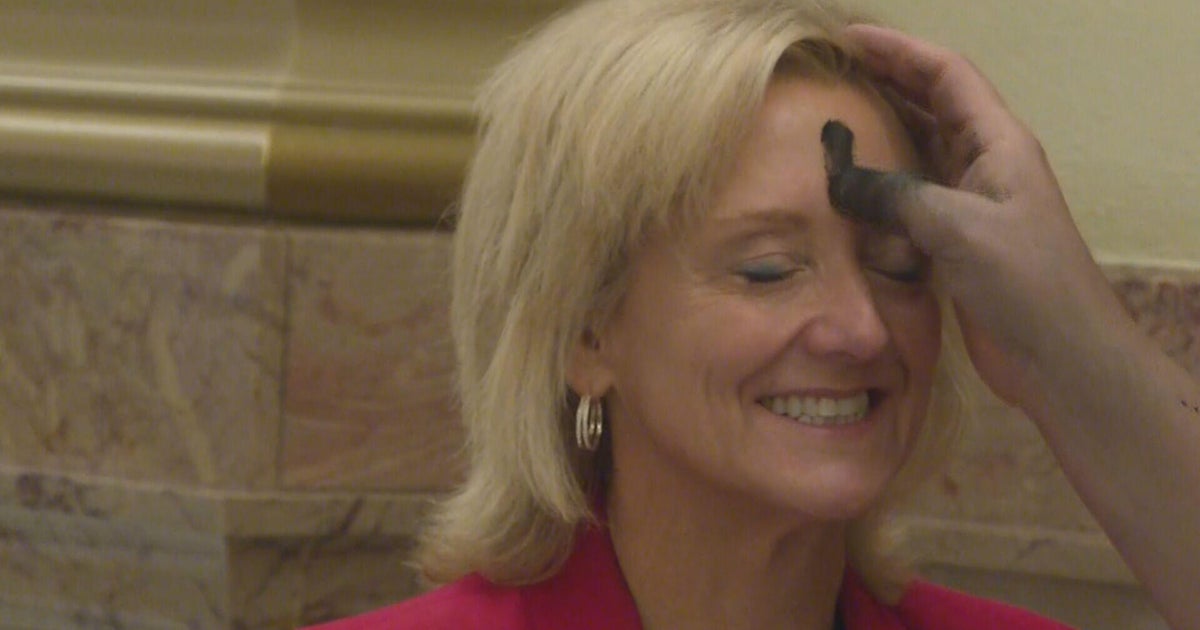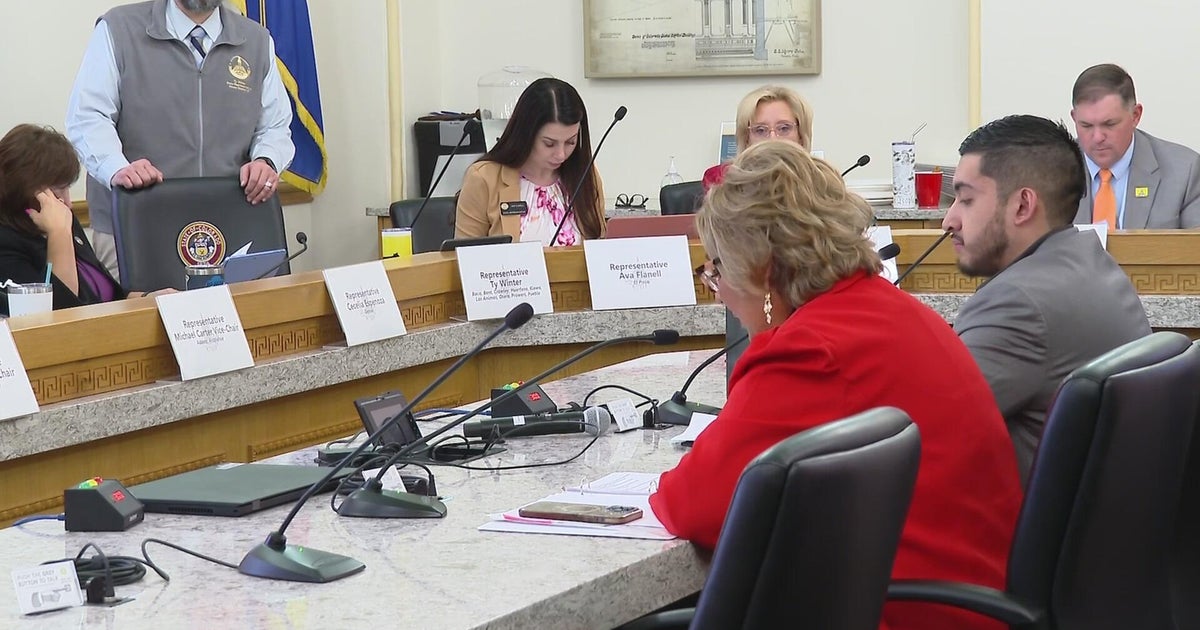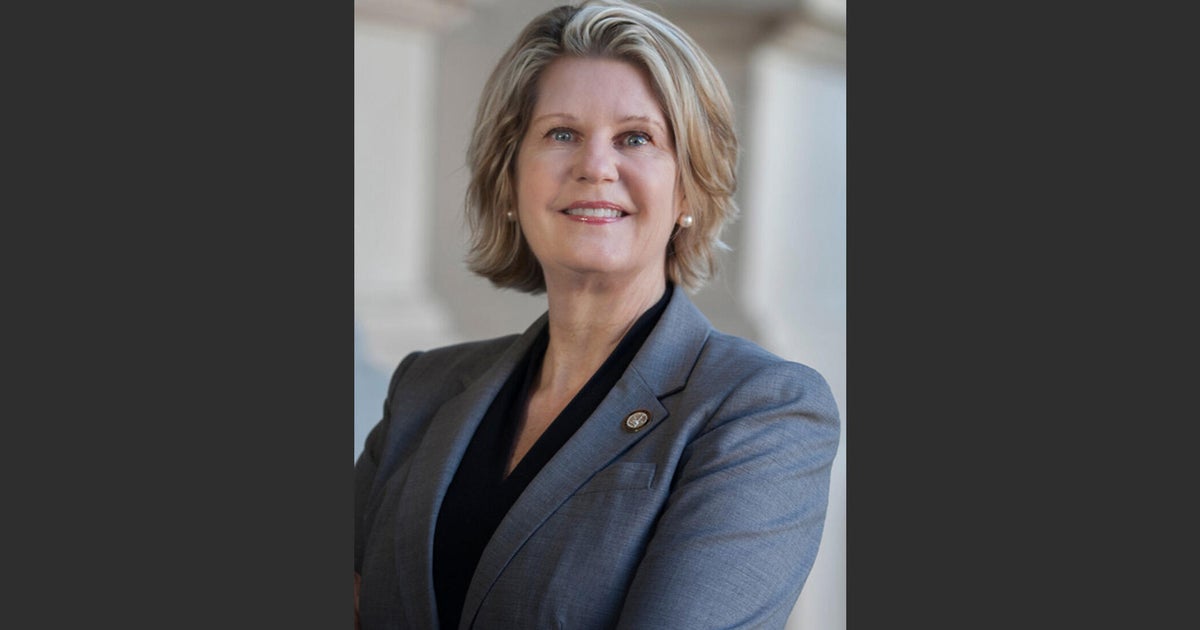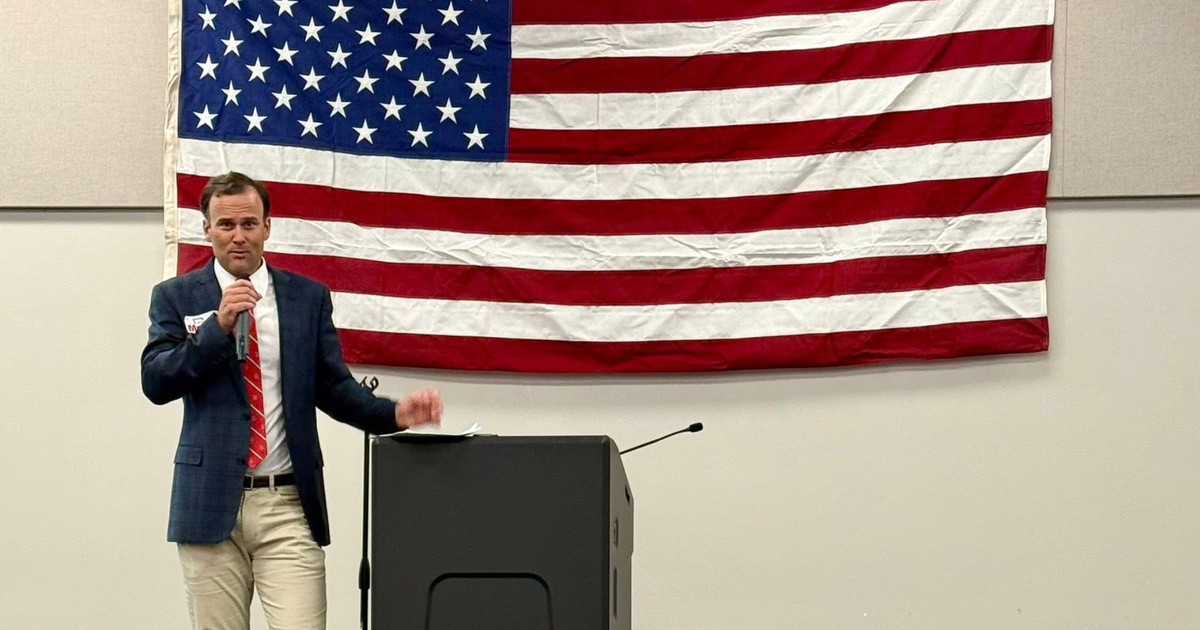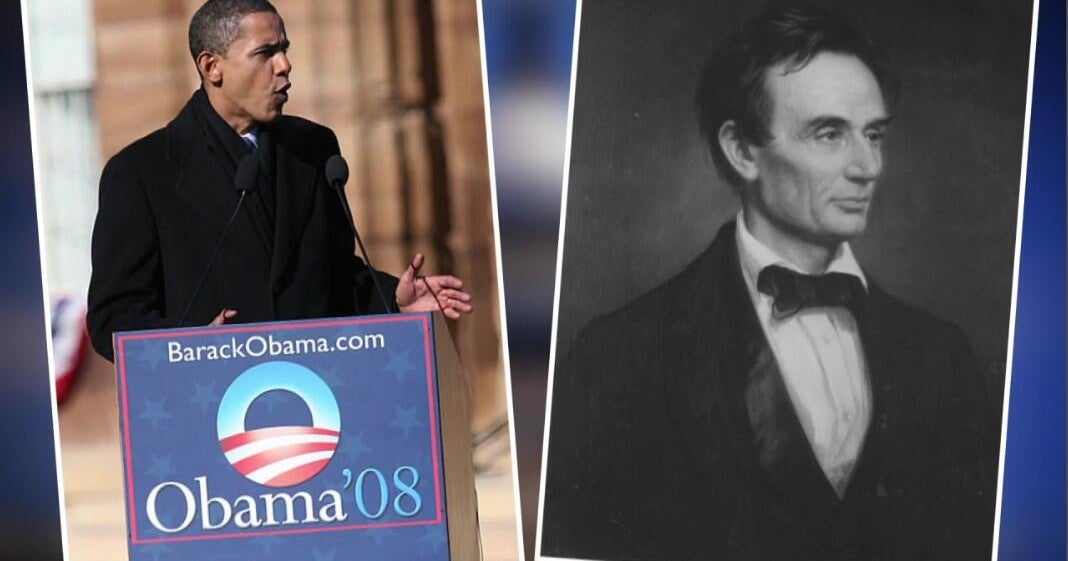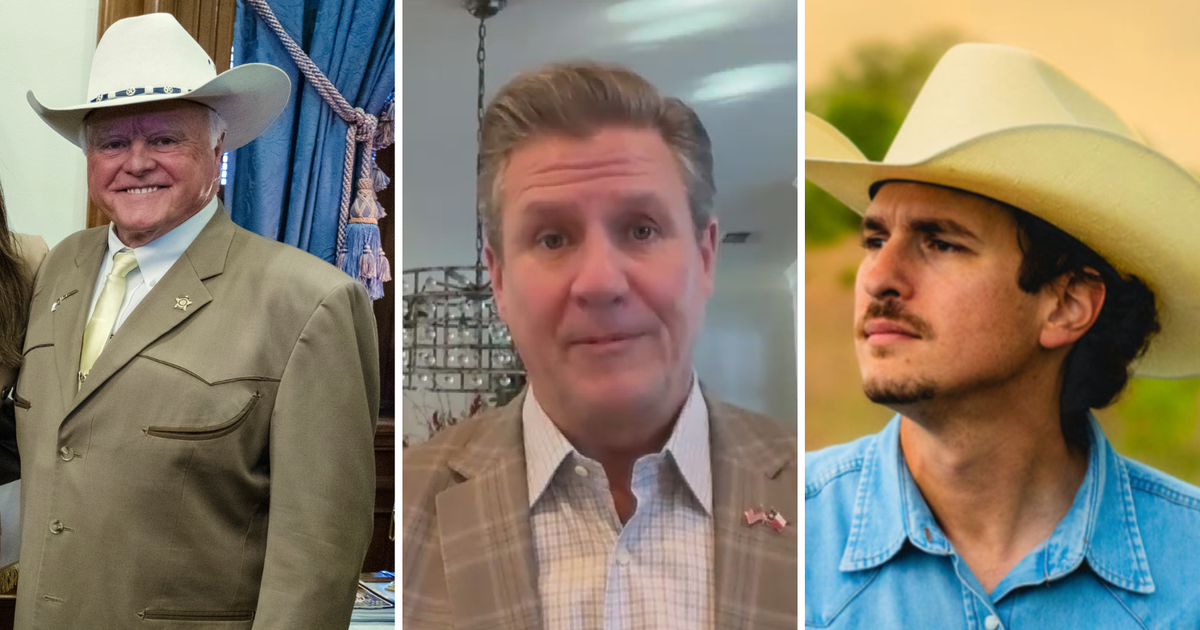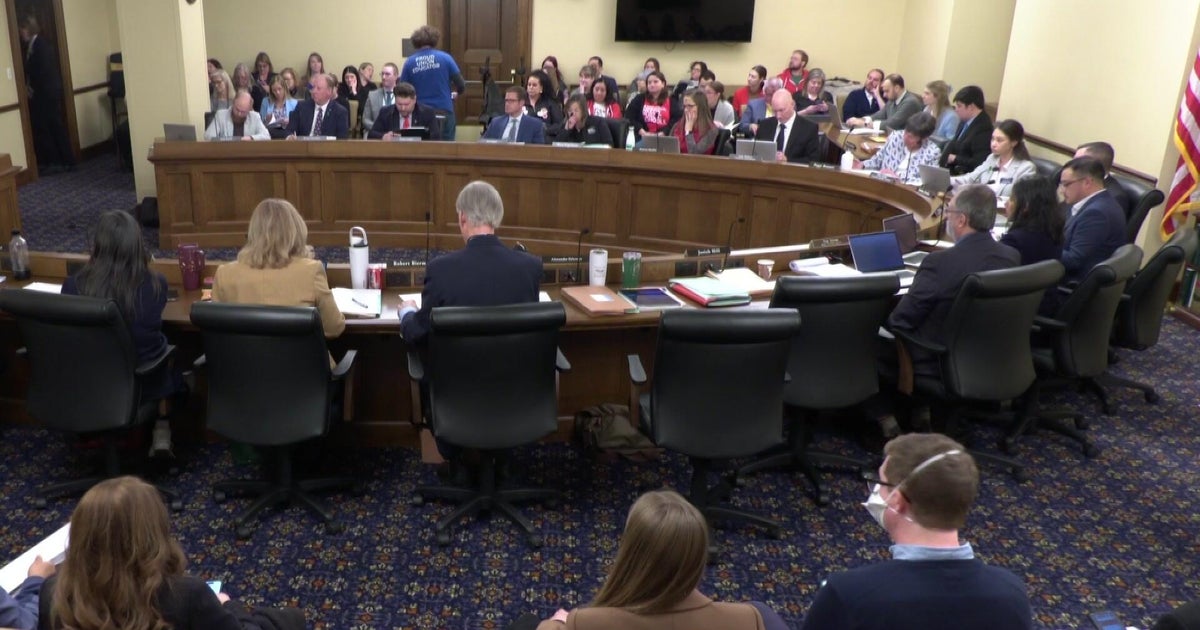Brown's Experience No Match For Political Gridlock
SACRAMENTO, Calif. (AP) -- Jerry Brown won the governor's race last year by arguing that California needed a seasoned negotiator with an independent streak to cut through the political gridlock that has paralyzed the state capital for years.
"I've been in the kitchen, and I know the heat," he said then, saying he would bring all 120 lawmakers together no matter how long it took.
He was off to a strong start after taking office in January, passionately imploring lawmakers to set aside their personal interests for the good of the state, inviting them to his downtown loft, dropping in at Republican gatherings and charming Capitol denizens with his Welsh corgi, Sutter, at his side. His approach won praise from lawmakers and special interests across the political spectrum who said it marked a dramatic shift from the previous administration of Gov. Arnold Schwarzenegger, who showed little interest in getting to know rank-and-file lawmakers.
But in the end, neither the style nor the experience of the former two-term governor was enough to bridge the divide between Democrats and Republicans over longstanding budget and policy disputes.
The 72-year-old Democrat was forced to concede defeat this week in his quest for a June special election on taxes, calling off talks with Republican lawmakers whose votes he needed to get the measure on the ballot. Legislative ballot measures and tax increases require a two-thirds vote in the state Legislature, which this year means two GOP votes are needed in each of the Democrat-controlled houses.
Even while presenting a plan that balanced the tax renewals with deep spending cuts, Brown ran headlong into the partisan gridlock he was warned had consumed the Capitol since he was last in the governor's office nearly three decades ago.
"The governor in some ways learned what we've experienced in this Legislature over the last decade or so: There is a political party which is increasingly on the fringe of California politics, which is ruled by radio talk show hosts, bloggers, and they govern out of fear and they are unwilling to do the basics of governance," a frustrated Senate President Pro Tem Darrel Steinberg, D-Sacramento, said of Republicans in the state Legislature after Brown ended negotiations.
The governor had hoped to appeal to politicians' better nature as he sought to address the state's $26.6 billion deficit through a mix of deep spending cuts and a special election ballot measure that would ask California voters to extend for five years the temporary increases in the sales, vehicle and personal income taxes the Legislature approved two years ago.
He was not known for warm relationships with lawmakers when he was last governor, from 1975 to 1983, when he was criticized for spending too much time in failed attempts at the presidential nomination. But an older and wiser Brown aggressively courted legislators from both parties this time around. His outreach won accolades, but no amount of charm apparently could overcome the partisan gridlock that has overtaken Sacramento and made it nearly impossible for the Legislature to pass budgets or enact long-term fiscal reforms.
Last year, the Legislature went a record 100 days beyond the July 1 start of the fiscal year before passing a budget.
Brown did not address reporters Tuesday after announcing he was pulling the plug, but he showed his frustration after GOP legislative leaders submitted a seven-page list of demands they were seeking in exchange for their support of the special election. At the top of the Republican list was a desire to include changes to public employee pensions and a state spending cap on the same special election ballot.
"Let me be clear: I support pension reform, regulatory reform and a spending cap, and offered specific and detailed proposals for each of these during our discussions," Brown said in a statement announcing he was calling off the talks. "While we made significant progress on these reform issues, the Republicans continued to insist on including demands that would materially undermine any semblance of a balanced budget."
Republicans blamed public employee unions for the breakdown in negotiations. They said Brown was unwilling to buck powerful Democratic interests, even though the governor said recently that he had warned his union allies that they should agree to concessions or face the prospect of more far-reaching reforms if an independent group qualifies a ballot initiative to change the public pension system.
"It is a sad commentary that the best interests of California play second fiddle to the self-serving interests of public employee unions," said state Sen. Tom Harman, R-Huntington Beach. "Unfortunately the go-to answer for Democrats always seems to be more taxes. Nothing has changed."
The unions opposed a hard spending cap, and without their financial support, Brown's tax plan likely would not fare well at the ballot.
Brown knew he was walking into a quagmire in Sacramento. But he had hoped to rise above the partisanship, and in doing so, push others to do the same.
He implored Democrats and Republicans in his January State of the State address to emerge from their respective corners for the good of California, saying the state's precarious financial footing was more dire than in previous years. In his inauguration, he referred to that approach as a "philosophy of loyalty" to California.
But lawmakers are not of the same breed Brown encountered in the 1970s and 1980s, before term limits forced them to be looking ahead constantly to their next office and worrying about how every vote might be portrayed in a future election.
Republican lawmakers also are fearful of powerful, vocal interests that oppose taxes at all costs, pushed by conservative radio hosts and bloggers who demand that they sign an anti-tax pledge pushed by the Washington, D.C.-based Americans for Tax Reform. The group's president, Grover Norquist, pre-emptively admonished California lawmakers that even allowing voters to decide whether to renew the higher taxes was akin to voting in support of them.
Term limits also have given special interests, including public employee unions, more clout in the Legislature.
Brown had hoped to move on to education, job creation, criminal justice and water issues once the state's fiscal house was in order. Those plans are on hold now.
Steinberg said Democrats will act alone in pursuing a quick budget solution, although he was unclear what that might be. Democrats could push for an all-cuts budget that would take billions more from public schools and other public services, bucking their own interests in the hopes of winning approval for a tax increase later. Unions already were weighing a signature-gathering effort to qualify an initiative for a potential November special election.
Even so, Brown tried to remain upbeat in a video he posted on YouTube after cutting off budget talks.
"Look, the problem has taken a decade to build up. It's very serious and it's going to take some time before we finally solve it. I'm going to explore every possible avenue. There's more than one way to get to the goal," he said. "I've been around a long time. I know we can do it."
(Copyright 2011 by The Associated Press. All Rights Reserved.)
